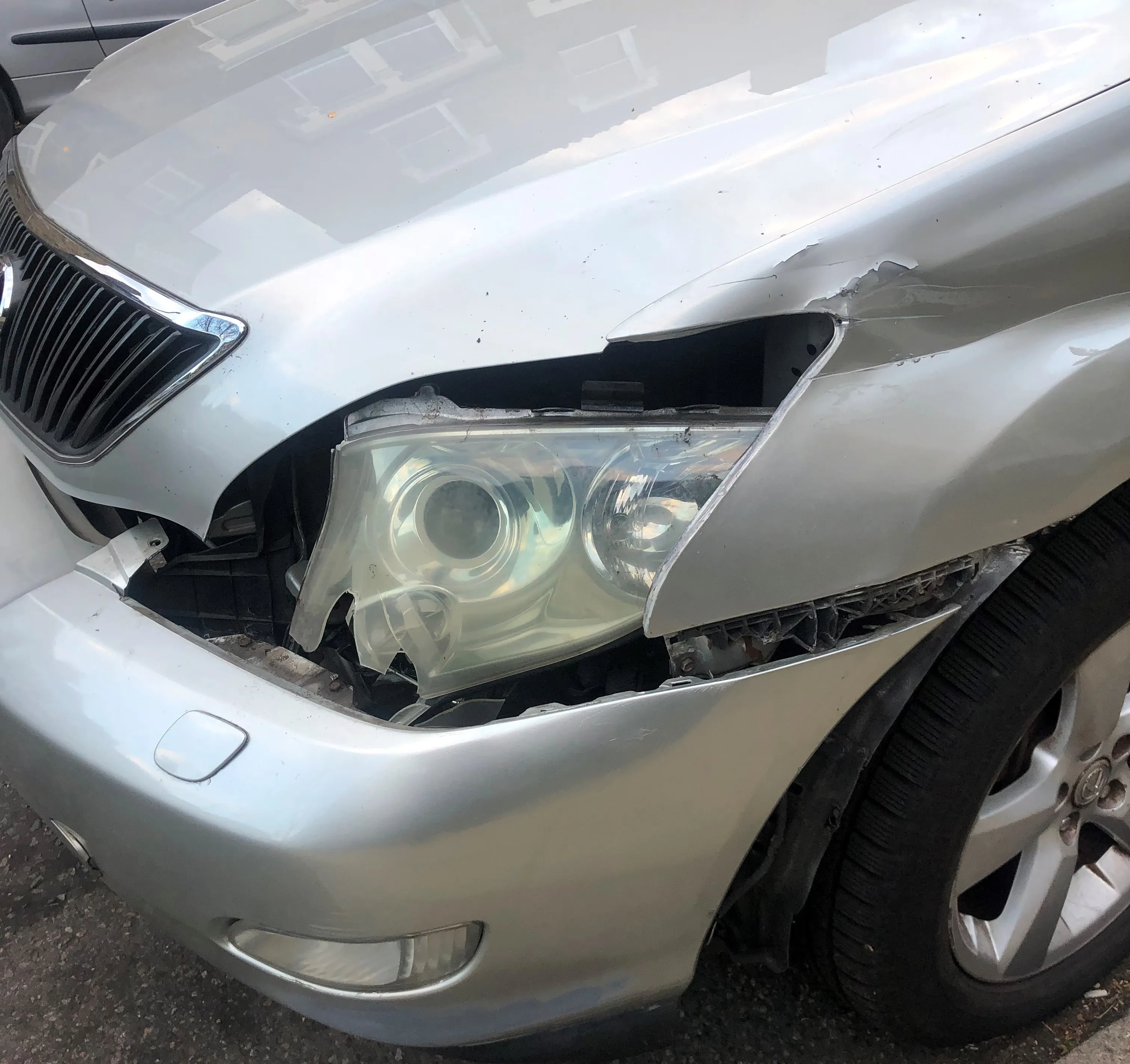
Newly available data from the European Commission shows that Europe’s roads saw a safety improvement in 2019 compared with 2018. The figures show that around 22,800 were killed in road crashes in Europe during 2019.
This represents a drop of 2% compared with 2018. However, when compared with the figures for 2010 the improvement in road safety is more apparent. In 2010 around 29,800 people died in road crashes on Europe’s roads.
Overall, an average of 51 people/million inhabitants were killed in car crashes in Europe during 2019. This highlights the fact that Europe’s road deaths are the lowest for any continent in the world.
But the rate of fatalities is still too high and Commissioner for Transport Adina Vălean said: "No deaths and serious injuries on European roads by 2050. This is our goal. We aim at 50% fewer deaths, and 50% fewer serious injuries by 2030, and we know our target is achievable. The EU has seen a substantial decrease in road fatalities in the past, but stagnating figures in recent years. In addition, disparities among countries remain huge. We will reach our goal only through a combination of legislative measures, adequate funding, standards for vehicles and infrastructure, digitalisation, and best practices exchange."
Of note is that eight European nations registered their lowest fatality numbers on record in 2019. These were Croatia, Finland France, Germany, Greece, Latvia, Luxembourg and Sweden. But progress on reducing casualties has remained slow across Europe. The EU target of halving the number of road deaths between 2010 and the end of 2020 will not be met.
And while road safety is improving across Europe, some nations have considerably more to do than others. The safest roads were in Sweden (22 deaths/million inhabitants) and Ireland (29/million), while Romania (96/million), Bulgaria (89/million) and Poland (77/million) reported the highest fatality rates in 2019. The EU average was 51 deaths per million inhabitants.
For the next decade, the EU has set in the EU road safety policy framework 2021-2030 a new 50% reduction target for deaths and, for the first time, also for serious injuries by 2030. The Stockholm Declaration of February 2020 paves the way for further global political commitment for the next decade.
It is estimated that, for every life lost, five more people suffer serious injuries with life-changing consequences. The external cost of road crashes has been estimated to be around €280 billion, or around 2% of EU GDP.
The Commission's Strategic Action Plan on Road Safety and EU road safety policy framework 2021-2030 also set out ambitious road safety plans to reach zero road deaths by 2050 ('Vision Zero').
To reach “Vision Zero” the Commission is implementing the Safe System in the EU. This Safe System requires safer vehicles, safer infrastructure, better use of protective equipment, lower speeds and better post-crash care. In addition, the EU will work to ensure better cross-border enforcement of traffic offences, digitalise driving licences and develop new ways to help Member States with comparatively poor road safety records.







